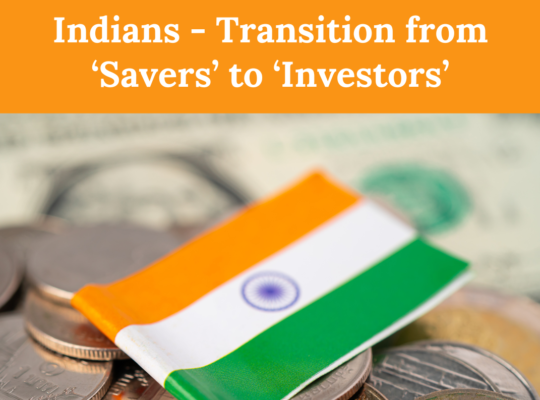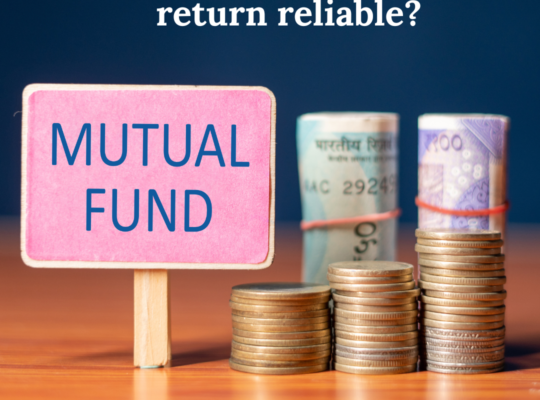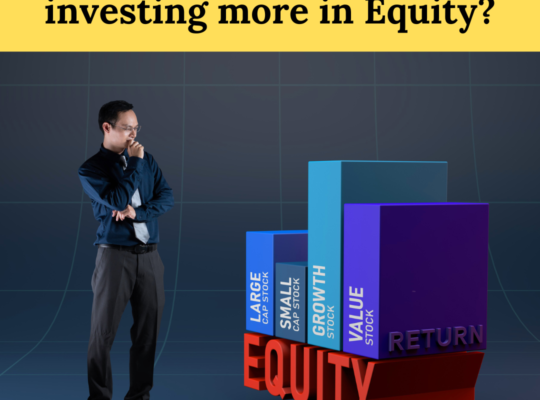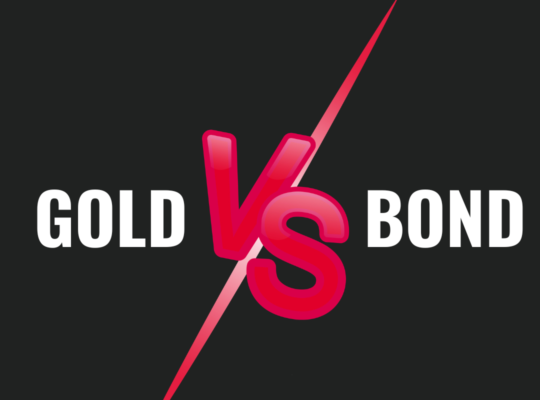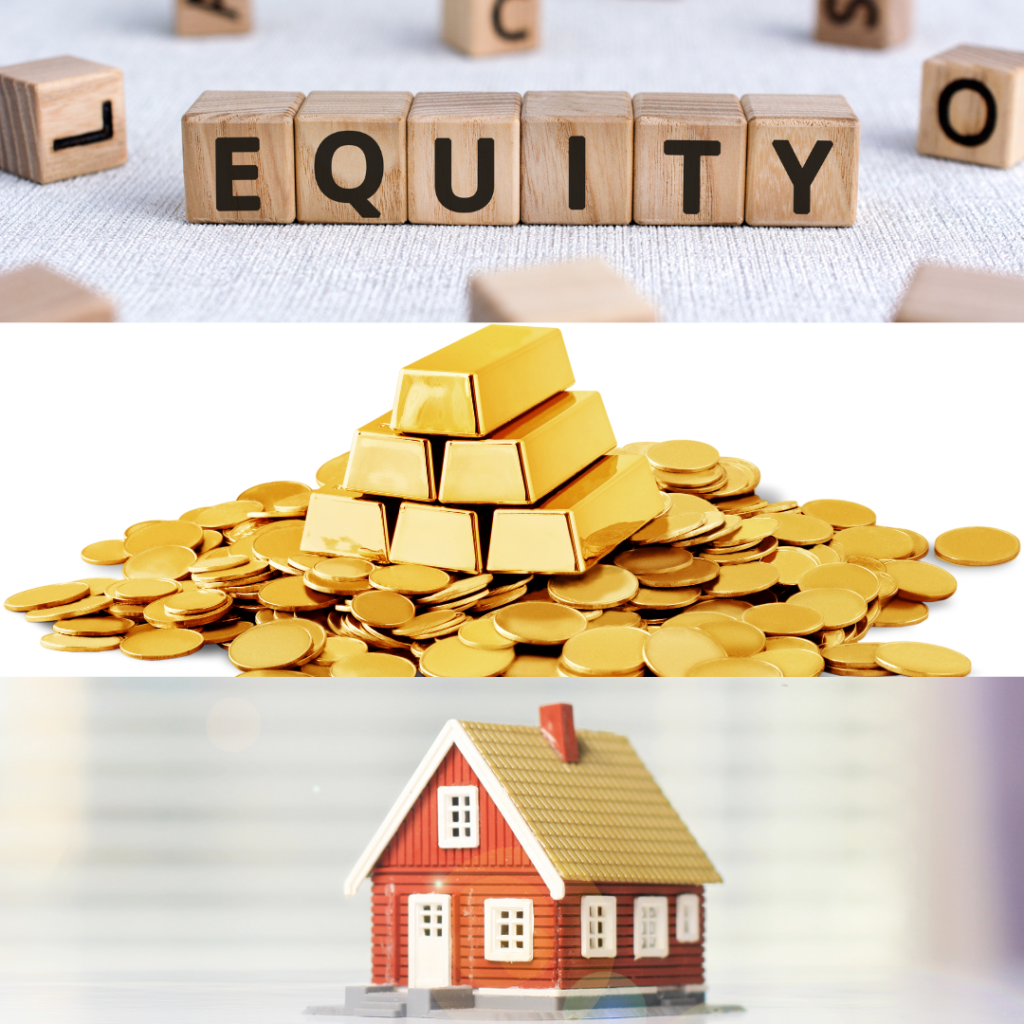
Many people neglect or ignore a few basic and frequent factors of their financial well-being. As we all know, major investment classes include real estate, gold, and financial instruments such as stocks and bonds.
If you buy a house to live in, this is considered consumption. In a similar way buying gold or jewellery to wear or give as a gift is considered consumption. In these cases, we don’t need to worry about financial appreciation of these assets as much as usefulness and satisfaction. However, we frequently base our analysis on the growth possibilities of various asset categories. Let’s take a deeper look at this phenomenon using certain situations.
To assess the future upside prospect for one asset class, we must first compare it to another. Equity is one of the finest asset classes for producing wealth over time.
Let’s examine the performance of Gold with the Sensex. In 1979, the Sensex was valued at 100 points, but by 2024, it had skyrocketed to over 72,000 points. This means that if you had invested Rs. 100 in 1979, your investment would now be worth Rs. 72,000, representing a 720-fold increase in 45 years.
When it comes to gold, the general belief is that if you had put in the same Rs. 100 in gold in 1979, the return would have been substantially higher than the Sensex. In truth, the current value (as on 31st March-2024) of gold is merely Rs. 4,620, or 46 times. This is explained by the 1979 gold price, which was Rs. 1,330 for 10 grams of 24-carat gold. In effect, one gram costs Rs. 130. For Rs. 100, you would have obtained 0.77 grams. Today, 0.77 grams of gold costs Rs. 4,620 (24-carat gold).
Gold prices typically surge quickly after a protracted period of consolidation or when equities markets are turbulent. However, these swings should not be considered for more gold investments other than those required for your asset allocation.
In a similar manner, except for personal consumption, investment in real estate is also not suggested. The frequently overlooked fact is that only few localities have enjoyed considerable value growth over decades. Furthermore, selling a property may involve a number of other problems, such as unaccounted money, possible discrepancies in estimated pricing, delays in asset sale, and other costs, all of which may affect the final sale outcome.
I will quote my own example, when my Uncle told me proudly that the house that he had purchased in 1995 for Rs. 4 lakhs, is now in 2024 valued at Rs. 50 lakhs, which is 12 times appreciation in value. He calls this as the best investment that he has done in his life. But when we go deeper into the math, he had taken home loan of Rs. 3 lakhs at that time in 1995 (at 11% rate of interest at that time) to fund this house purchase. When I did the real math for him by factoring in the loan interest cost and the house related other expenses such as repair costs, house taxes, etc., it came out that the house value has appreciated annually by only 5% CAGR in these 29 years. A Fixed deposit in a bank would have given better returns than the house. It is not only my Uncle’s house, but this scenario is applicable for almost everyone who purchases property in India, that too with the help of a loan.
Hence, house can be considered as consumption for emotional satisfaction, but not as an investment, and that too, when you are taking out a loan to fund the house purchase.
